Politics and Government: Military
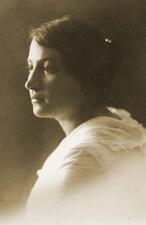
Sarah Aaronsohn
A leading spy for the Nili ring during World War I, Sarah Aaronsohn fought to free Palestine from Turkish rule and withstood torture for her ideals; she committed suicide after arrest by Turkish authorities and was later described as a Jewish Joan of Arc. The semi-military role Sarah carved for herself, her activity, and her voluntary death made her an icon and a model of a new “Hebrew” femininity.
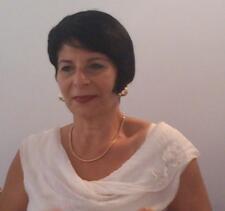
Orit Adato
Orit Adato has held many roles throughout her career in security, from head of the Israeli Women’s Corps to Commissioner of the Israel Prison Service. After twenty-eight years of work in security, twenty-four of which were in the IDF, Adato retired with the rank of lieutenant general and founded her own international consultancy firm on security.
Ruth Aliav-Klüger
Ruth Aliav-Klüger was the only woman among the early members of Mosad le-Aliyah Bet, the “illegal” immigration branch of the underground paramilitary organization Haganah that smuggled Jews out of Europe and into Palestine during World War II.
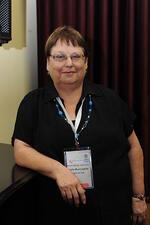
Hedva Almog
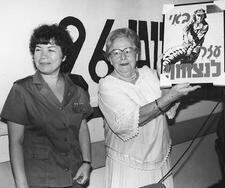
ATS and WAAF in World War II
During World War II, only when the Yishuv’s Council of Women’s Organizations called for the recruitment of women was an agreement reached with the British authorities to enlist women living in Palestine into the forces. The first to join were in the ATS (Auxiliary Territorial Serivce) followed by the WAAF (Women’s Auxiliary Air Force).

Dorit Beinisch

Ruth Ben Israel
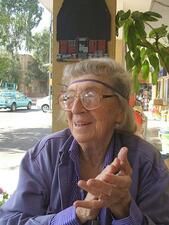
Netiva Ben Yehuda
Netiva Ben Yehuda was a Jewish-Israeli writer, poet, broadcaster, and Palmah officer. Ben Yehuda’s works surround her experiences before, during, and after her service in the Jewish underground Palmah and her dedication to enriching the lexicon of spoken Hebrew.
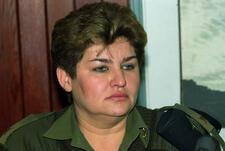
Yehudit Ben-Natan
Yehudit Ben-Natan is most known for her time as the head of the Israel Defense Forces’ Women’s Corps, where she waged a fierce campaign against the conservatism that marked everything related to the opening to women of new military occupations. She was particularly active in promoting women serving in the career army and tried to integrate women into combat units.
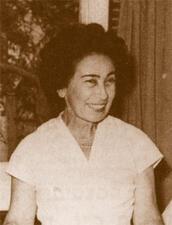
Mina Ben-Zvi
Mina Ben-Zvi was among the first women to serve in the military in Palestine, first as part of the British Auxiliary Territorial Service, then in local Zionist paramilitary organizations that eventually became the Israeli Defense Forces. She became the first commanding officer of the IDF’s Women’s Corps in 1948.
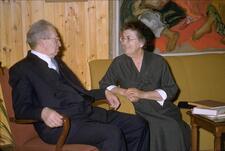
Rahel Yanait Ben-Zvi
Rahel Yanait Ben-Zvi was the second First Lady of Israel, wife to President Yizhak Ben-Zvi. Before and after Ben-Zvi’s tenure, she was active in the labor movement in Palestine and Israel and in the independence movement, as well as a prolific writer and recorder of her experiences in Erez Israel.
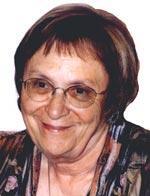
Yehudith Birk
In 1977, biochemist Yehudith Birk became the first woman to serve as a dean at the Hebrew University. An internationally renowned scientist for her studies of legume seed proteins and proteinase inhibitors, she won the 1998 Israel Prize for agricultural research.
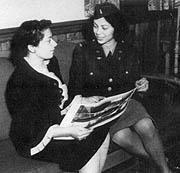
Matilda and Bernice Blaustein
Miranda Bloch
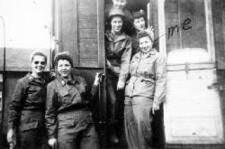
Charlotte Chaney
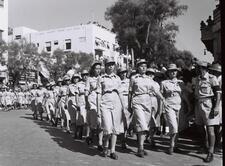
CHEN: Women's Corps of the Israel Defense Forces
Civil War in the United States
During the Civil War, Jewish women performed a range of classic responsibilities brought on by wartime exigencies. Their efforts tended to generate little in the way of documentation, and thus historians studying the involvement of Jewish women in the Civil War and the impact of the war on Jewish women have a sparse body of primary sources upon which to draw.

Natalie Cohen
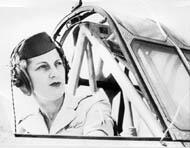
Selma Cronan

Deborah 2: Midrash and Aggadah
Deborah, one of the most extraordinary women in the Bible, is presented as an extremely righteous and praiseworthy woman in rabbinic literature. Though some traditions criticize her pride, perhaps wary of how she transgressed gender norms, most of the rabbinic texts about Deborah are filled with praise.

Deborah: Bible
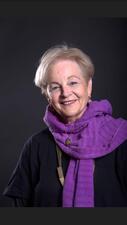
Amira Dotan
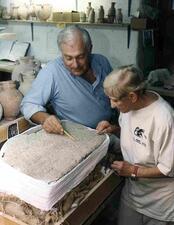
Trude Dothan
Trude Dothan was one of the foremost biblical archaeologists of her generation. Her excavations and her research brought to light the material culture of the Philistines, the cultural connections between the seagoing nations and ancient Israel, and the connections with Egypt.
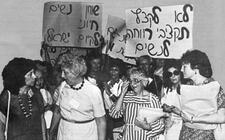
Tamar Eshel



